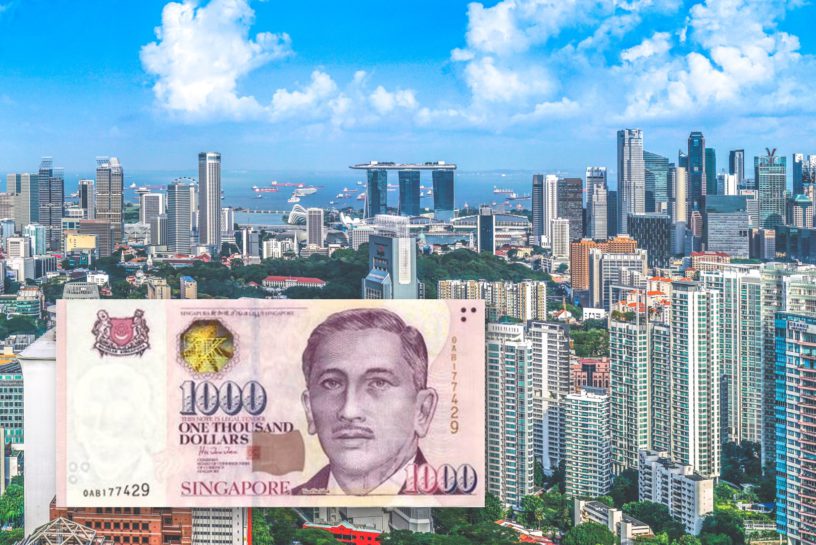By Dan Byrne for AMLi
ONE OF THE MOST VALUABLE banknotes among global reserve currencies is to stop production next year amid money laundering fears.
Singapore’s $1,000 note will stop production completely from 1st January 2021, and a limited number of notes will be issued from now until then, the Monetary Authority of Singapore (MAS) said in a statement Monday.
The note is currently valued at around €627.
The next highest banknote value in Singapore is $100 (€63), and it will be produced in larger quantities to fill any gaps left by the fading prominence of the $1,000 denomination, MAS said.
The body, which also acts as a watchdog for financial crime in Singapore, described the move as a “pre-emptive measure to mitigate the higher money laundering and terrorism financing risks associated with large denomination notes.”
It noted that it was aligning the country with international norms, following the lead of other major jurisdictions that have stopped issuing currency in such large denominations.
The $1,000 is the 2nd most valuable routinely issued banknote among the top 13 reserve currencies worldwide. The only example worth more is Switzerland’s Fr1,000 (€933).
Top-valued banknotes among other reserve currencies including the US Dollar, Pound Sterling, Australian Dollar and Hong Kong Dollar are valued between €50 and €150.
The move by Singapore’s MAS follows similar moves by the ECB last year to halt the production of the €500 note – then one of the highest valued notes among reserve currencies.
The ECB’s reasoning behind the move was broadly similar – “this banknote could facilitate illicit activities” – although the notes already produced will retain their value forever and there are no current plans to end its status as legal tender.
The note had been widely recognised as a dependable one for financial criminals, so much so that it attained the nickname ‘Bin Laden’ in some circles due to the fact that everyone knew what it looked like, but few had ever seen it.
Banknote values have historically increased with inflation within markets, but this practice is fading as cashless payments are becoming commonplace, boosted in urgency by the COVID-19 pandemic.
Share this on:
Follow us on:











